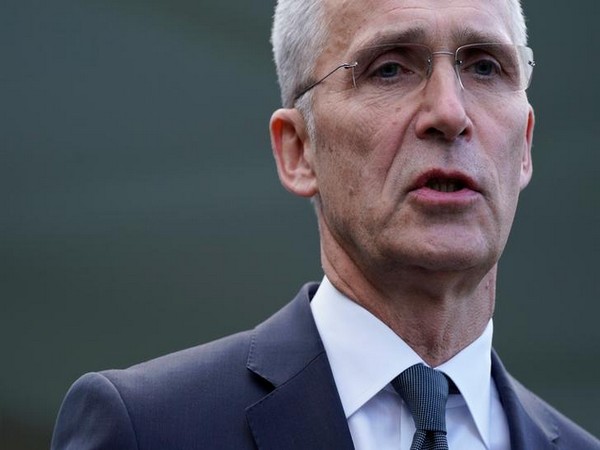
Brussels: NATO Secretary-General Jens Stoltenberg said on Thursday that he had discussed the situation around Ukraine with Hungarian Prime Minister Viktor Orban in the aftermath of the latter's visit to Moscow.
The Hungarian prime minister paid a visit to Russia on Tuesday. The agenda included a meeting with Russian President Vladimir Putin, among other things.
"Good to speak again to Prime Minister Viktor Orban of #Hungary about the crisis created by #Russia's military buildup in & around #Ukraine. North America & Europe stand united in #NATO. All Allies agree on the importance of dialogue & strong deterrence and defence," Stoltenberg tweeted.
According to Nina Bachkatov, a professor of political science from the University of Liege in Belgium, despite Orban's controversial status within the European Union, France and Germany appreciate him keeping communication with Russia open.
"The fact that the Hungarian PM Viktor Orban visits president [Vladimir] Putin in Moscow is a purely Hungarian initiative, by an EU leader, also a member of NATO, who leads an intelligent game for the moment, but does not represent the EU and a fortiori is not in Moscow to negotiate anything on behalf of Europe," Bachkatov explained to Sputnik.
The expert also noted a lack of unity within the European Union and NATO on how to address the situation, with countries Croatia or Slovenia remaining on the fence and Hungary operating on its own.
"There is no miracle man to solve the complex issues at stake and only a policy of small steps will deliver results. Even the American press, so prompt until now to paint Russia as the arch-villain, starts to wonder what the Ukrainian army has done with the billions of dollars in deliveries and financial support. The press starts explaining the complex situation of Ukraine. The uncertainty increases in the present period, and nobody wants war," Bachkatov concluded.
Tensions between Russia and Europe have escalated in the past few months over an escalation in the Ukrainian crisis, with the EU pledging severe economic sanctions against Russia in the event of an attack on Ukraine, an allegation firmly denied by Moscow. The punitive measures would target Russian projects in the gas sector, in particular, Brussels said.